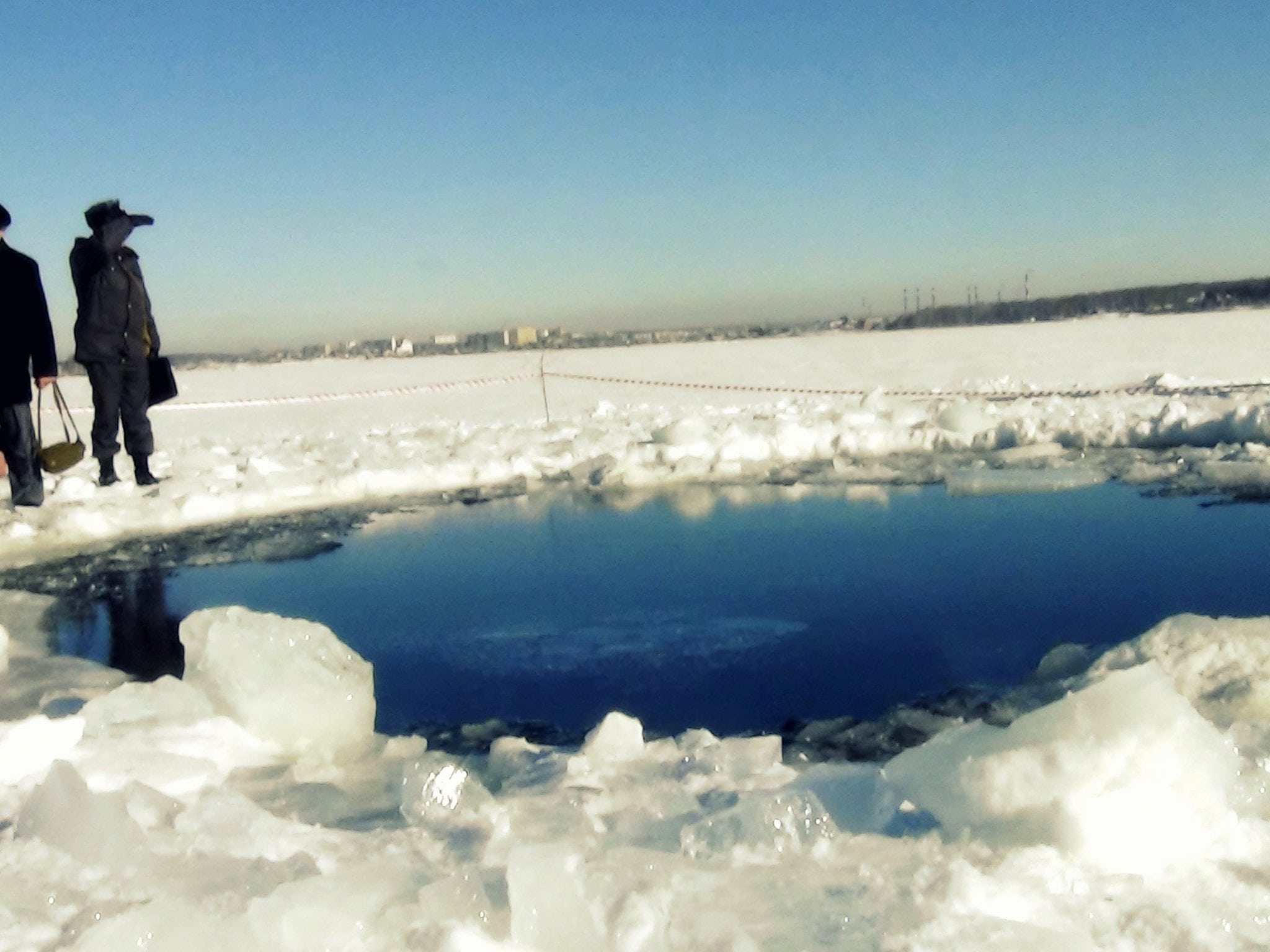Skift Take
No matter the fascination with last week's star attraction on television and the Internet, it's more than unlikely that the fame will last beyond the 15 minutes it takes to realize how truly far away Chelyabinsk is from everything.
Officials in the Russian city where a meteor fell last month now hope to attract tourists to the area.
The 10,000-ton meteor entered the Earth’s atmosphere producing a sonic boom. It shattered into pieces between 18 and 32 miles above Chelyabinsk, to the east of the Ural Mountains in southern Russia.
Debris fell on the city, injuring around 1,000 people, damaging buildings and leaving a large hole in an ice-covered lake.
The spot could now feature in plans to capitalise on international fascination with the event and bring tourists to the city.
“Space sent us a gift and we need to make use of it,” Natalia Gritsay, a regional tourism official, told Bloomberg. “We need our own Eiffel Tower or Statue of Liberty.”
Ideas for possible tourist attractions include a “Meteor Disneyland”, an annual cosmic music and fireworks festival, and a pyramid with a beacon at its tip that floats on the lake.
At a recent brainstorming meeting, the city mayor, Andrei Orlov, also suggested creating a diving centre in the lake for tourists who wanted to search for pieces of the meteorite.
One local tour company, Sputnik, has already organised two summer tours of the city for Japanese tourists.
“One is a two-day tour to the impact site at Chebarkul, while the other includes city sightseeing and will last longer,” the company manager Elena Kolesnikova said. “The price is around $800 (£530) per person, which includes a hotel.”
Chelyabinsk’s museum has been quick off the mark and installed a Meteor Day exhibit as its main attraction, displaying a meteorite next to the front pages of international newspapers reporting the event.
Some of the one million residents initially thought the sound was caused by a plane crash but videos of the meteor were soon posted on the internet revealing the true cause.
![]()
The Daily Newsletter
Our daily coverage of the global travel industry. Written by editors and analysts from across Skift’s brands.
Have a confidential tip for Skift? Get in touch
Tags: russia
Photo credit: The scene at one of the sites of meteor impact. Chelyabinsk region Interior Ministry / Reuters
